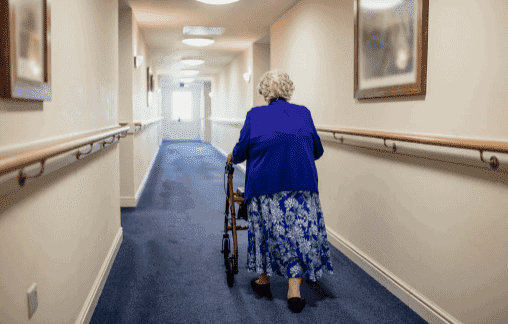
Coping with a Loved One’s Placement in a Nursing Home: Supporting Patients with Dementia
This article will try to help you cope with this challenge. We will give you some information and advice on how to:
Prepare for the transition to a nursing home
Support your loved one during and after the move
Take care of yourself and your family.

Understanding Colorectal Cancer: A Guide for Families
As a hospice registered nurse case manager, I understand the challenges that colorectal cancer can bring to your loved one’s life. In this article, we will delve into the journey ahead, discussing the changes that may occur as the disease advances. We’ll also address the shifts you might observe in your loved one’s condition and provide guidance on delivering optimal care throughout this process.
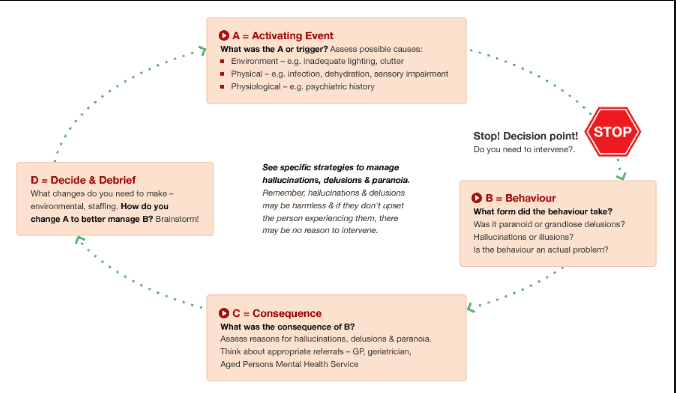
Best Practices for Managing Hallucinations
Learn effective strategies for managing hallucinations in terminally ill patients. This guide covers pharmacological and non-pharmacological methods to improve comfort and quality of life.
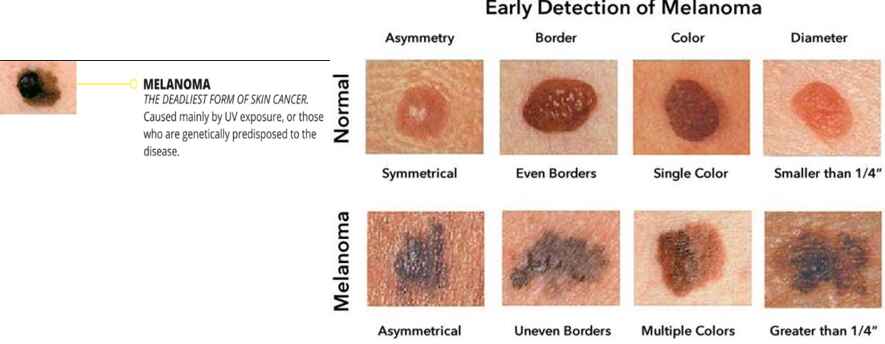
Melanoma Skin Cancer: A Guide for Families and Caregivers
This article is written for families and caregivers of people with melanoma skin cancer. It will explain what melanoma is, how it is diagnosed and staged, what the treatment options are, and how to cope with the physical, emotional, and spiritual challenges of the disease. It will also provide some practical tips and resources to help you and your loved one through this journey.

Promoting Quality of Life in Dementia Through Doll Therapy
Doll therapy offers a compassionate approach to enhancing the quality of life for dementia patients. By providing comfort, reducing anxiety, and promoting social interaction, this non-pharmacological intervention can significantly improve emotional well-being and cognitive function in individuals with dementia.
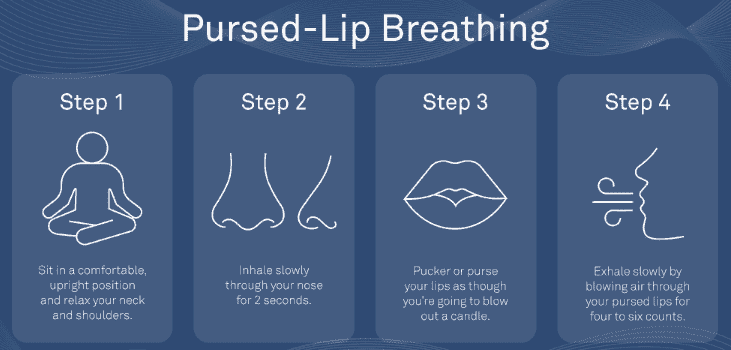
How to Use Pursed Lip Breathing to Manage Shortness of Breath
Dealing with shortness of breath can be challenging for terminally ill patients, but there are techniques that can help manage this symptom and improve their overall comfort. One such technique is pursed lip breathing. Pursed lip breathing is a simple and effective breathing technique that can help reduce shortness of breath and improve oxygen exchange in the lungs. As an experienced hospice nurse with years of experience, I will guide you through the steps of pursed lip breathing in a compassionate and easy-to-understand manner.

Understanding and Caring for Loved Ones with Huntington’s Disease
This comprehensive guide offers a compassionate overview of Huntington’s disease, a rare condition that affects the brain. Learn what to expect throughout the course, how to support your loved one’s needs, manage your well-being as a caregiver, plan for the future, and access hospice care. Gain insights into providing compassionate care that maximizes quality of life.

Understanding Normal Pressure Hydrocephalus (NPH): A Guide for Families
Normal Pressure Hydrocephalus (NPH) is a condition that occurs when cerebrospinal fluid (CSF) builds up inside the skull and presses on the brain. This can lead to various impairments in brain functions, such as thinking, memory, movement, and bladder control. NPH can also affect the quality of life, mood, and behavior of the person with NPH and their caregivers. The cause of NPH is often unknown, but it may be due to injury, bleeding, infection, brain tumor, or surgery on the brain. This article aims to provide a guide for families to understand NPH, its symptoms, diagnosis, treatment, and management, as well as how to cope with the challenges and uncertainties of living with NPH.
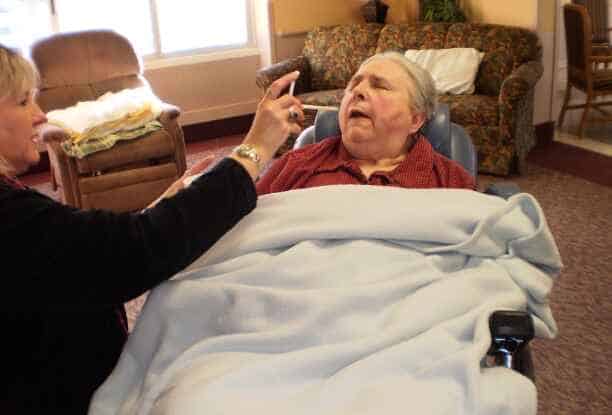
To Wake or Not to Wake: A Dilemma for Caregivers of Dementia Patients in the Final Stage
Caregivers of dementia patients in the final stage face a challenging dilemma: whether to wake their loved ones or let them sleep. This article explores the pros and cons of each approach, offering guidance on making this difficult decision while prioritizing comfort and dignity in end-of-life care.
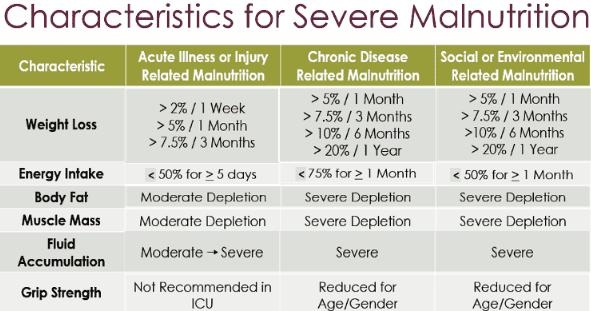
Understanding Protein-Calorie Malnutrition: A Guide for Families
Explore our guide on protein-calorie malnutrition (PCM), a condition hindering proper health for the terminally ill. Learn to recognize symptoms, provide care, and understand the end-of-life journey with our compassionate, informative support for families.

Understanding Hospice Eligibility for Terminally Ill Patients with Non-Alzheimer’s Dementia
Navigating hospice eligibility for non-Alzheimer’s dementia patients demands a personalized approach. Unlike Alzheimer’s, there’s no definitive scale, necessitating assessments of functional decline, mobility, communication, incontinence, weight loss, overall condition, and comorbidities. Effective documentation, clinical judgment, and compassionate care are crucial for supporting these patients and families.

Dementia Care for loved ones who are habitually restless
Caring for a loved one with dementia can be both rewarding and challenging. If your loved one has been restless throughout their life, this restlessness may continue as a symptom of their dementia. As an experienced hospice nurse, I understand the difficulties you may face in managing habitual restlessness while ensuring the safety and welfare of your loved one. In this article, I’ll provide you with practical tips and evidence-based practices to create a calming environment for your loved one, even if they have trouble with fine motor control due to arthritis or other factors.
